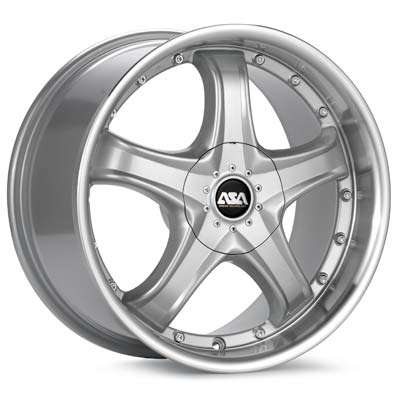TheFiveO said:
I'll be the first to admit that I do not know much when it comes to tires and wheels so I pose this question to whoever has information to share.
I have an 06' Corolla that has the standard 15" tires. Will upsizing to a 16" or 17" tire/wheel combos have much effect on the gas mileage and or the amount of load placed on the engine? I don't want to overload the tiny 1.8L engine.
Thank you in advance for your input:thx
If the tire diameter stays the same (bigger wheels with lower profile tires), the only factor that should affect performance is the weight of the new tire/wheel combination. (Not taking any increase in tire width into consideration.)
If you change the tire diameter, you will effectively change the overall gearing of the car. Bigger diameters have the effect of raising the gearing and slowing acceleration. Smaller diameters = lower gearing = faster acceleration = higher engine rpm at any given speed = higher fuel consumption.
Increasing the weight of the tire/wheel combination can have a significant effect on acceleration, braking and handling. You'll have more unsprung weight to deal with (the worst kind), plus it will be rotating. (I know a Ford dealer who received a letter from Ford Motor Company advising warranties could be voided on trucks with dealer installed big wheels and tires.)
Lower profile tires came from the race track. Advantages include better turn in and steering feel. As the road wheels turn into a corner, tire sidewalls flex and then the tire tread changes direction. Taller tires have more rubber between the road wheel and road, thus more flex in the side wall. Lower profile tires have shorter side walls thus less rubber to flex as the car changes direction.
On the street, lower profile tires ride rougher and are more suseptable to damage from potholes. Less rubber between the road wheel and street = damaged sidewalls and bent wheels.
If you choose bigger wheels, make sure you keep the tire diameter the same as stock. you should also select lightweight wheels. Tirerack.com lists wheel and tire weights. Make sure your new wheels/tire weights are close to stock or lighter. (Yes, that means weighing one of your stock tires/wheels.)
You also have to be careful in selecting the proper wheel offset (also known as backspacing.)

